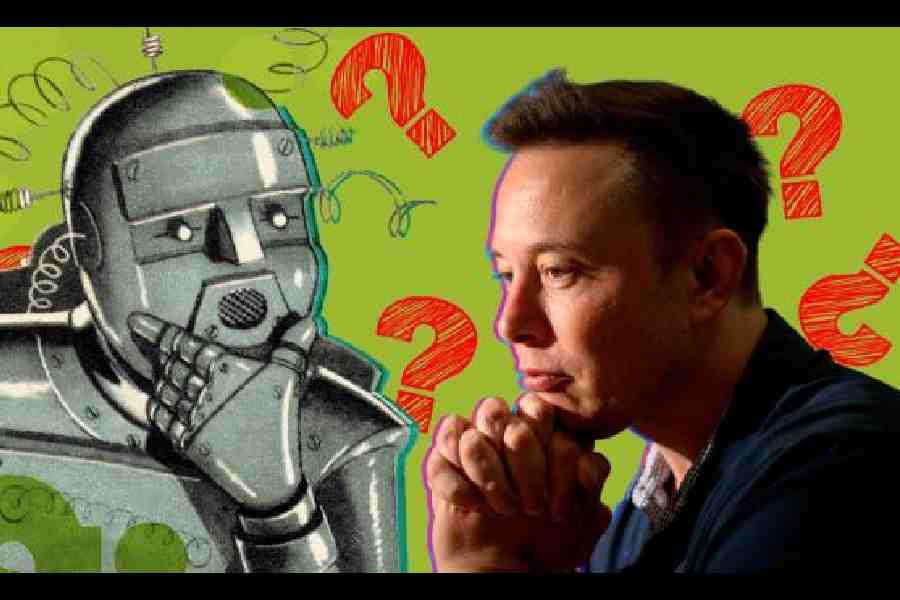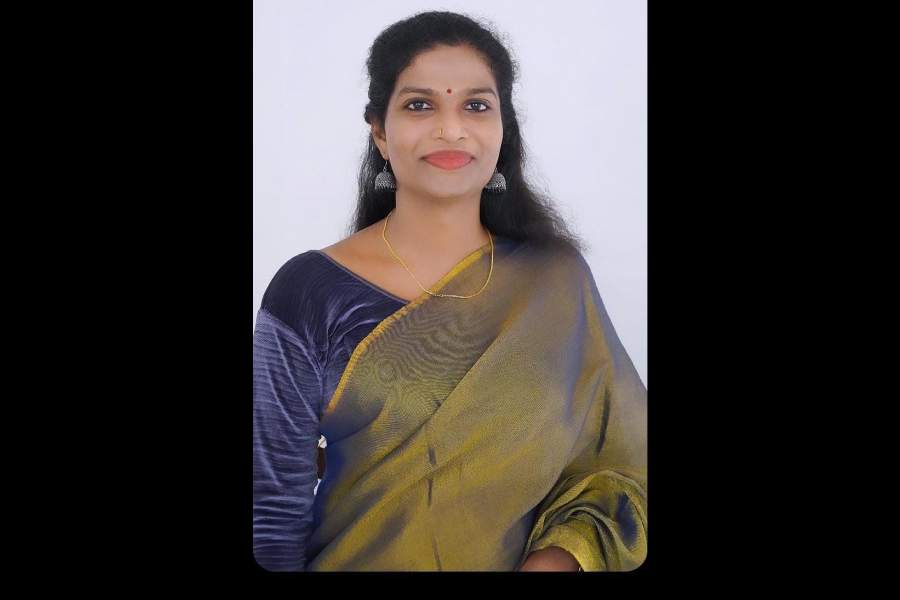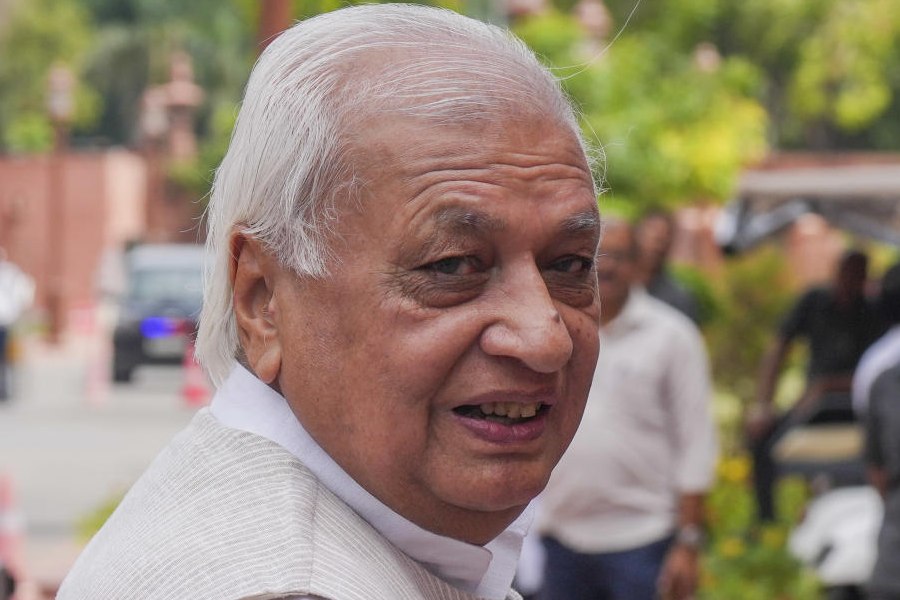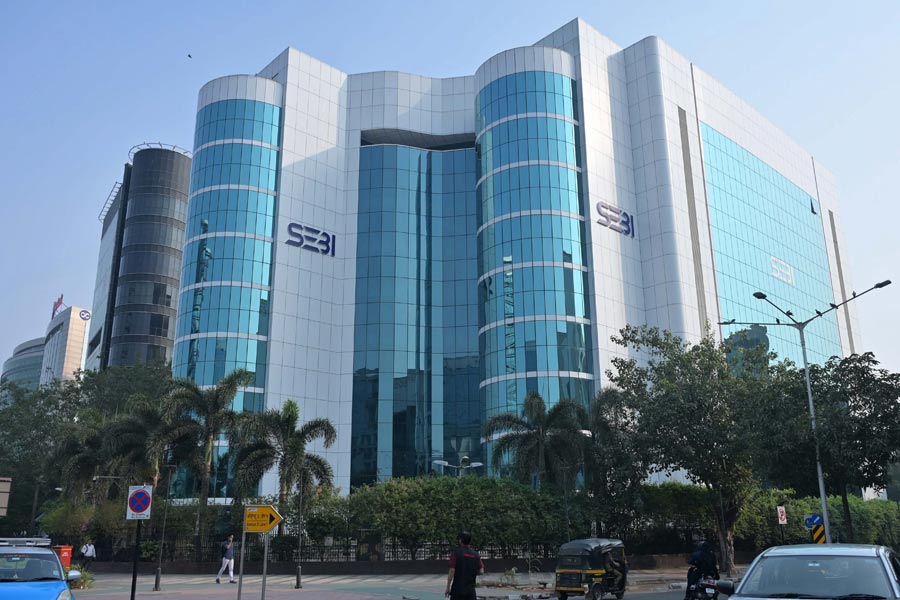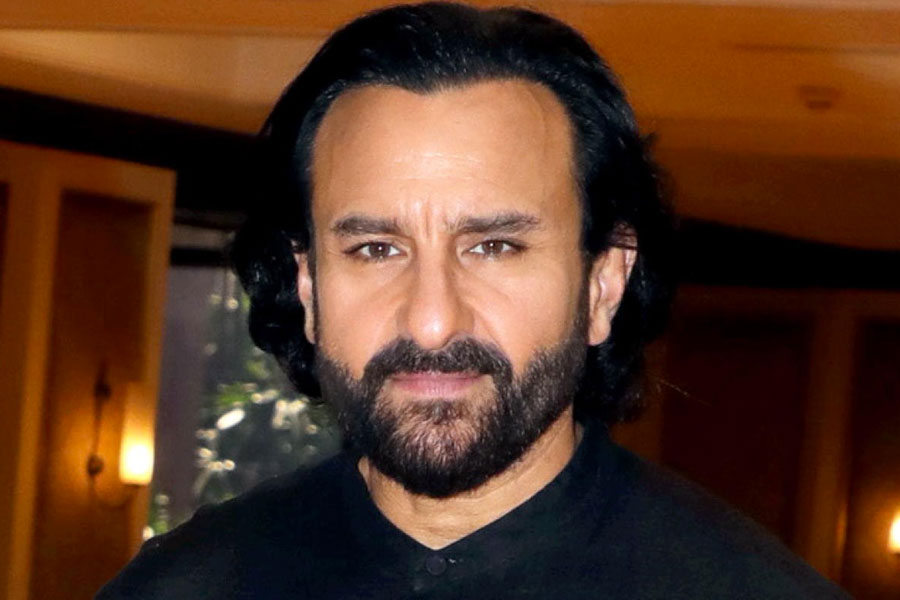Elon Musk has been vocal about AI and its implication for years. He even served on the initial board of OpenAI, the company behind ChatGPT. He now has an AI startup called xAI and it is creating its own version of ChatGPT called Grok. The model answers questions conversationally, probably drawing on a knowledge base that was used to train ChatGPT.
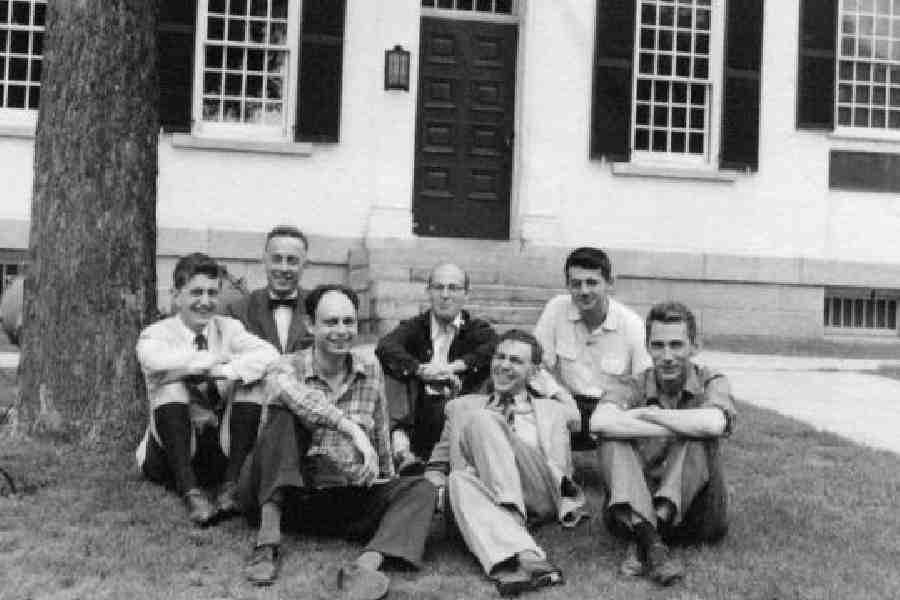
At the 1956 Dartmouth AI workshop, the organisers and a few other participants gathered in front of Dartmouth Hall. Picture: The Minsky Family/IEEE Spectrum
“In some important respects, it (xAI's new model) is the best that currently exists,” he posted on his X social media platform (formerly Twitter). Of course, Musk being Musk, he quickly added that the new AI system has a sense of humour: “xAI’s Grok system is designed to have a little humour in its responses. Grok has real-time access to info via the X platform, which is a massive advantage over other models. It loves sarcasm. I have no idea who could have guided it this way.”
His AI effort comes almost a year after OpenAI's ChatGPT caught the imagination of businesses and users around the world, spurring a surge in the adoption of generative AI technology. AI has, in fact, been declared the word of the year by Collins Dictionary. Ironically, Musk co-founded OpenAI in 2015 but stepped down from the company's board in 2018.
‘Grok’ means to understand (something) intuitively or by empathy; it means to establish a rapport. The AI system joins the club of interactive chat platforms, and hopefully will bring understanding to user interactions.
Like ChatGPT, Grok too can browse the Internet, looking for up-to-date information about specific topics. According to Musk, Grok will not answer sensitive queries.
xAI’s mission statement is to “understand reality”, which is another way of looking at it as an alternative to OpenAI’s so-called woke chatbot. Once he acquired Twitter, he took a quick step towards building an AI lab. Beyond this, little is known about the company. In September, Oracle co-founder (and Musk’s friend) Larry Ellison said that xAI had signed a contract to train its AI models on Oracle’s Cloud. But xAI hasn’t mentioned how it works or the tasks it hopes to accomplish.
Everyone wants to catch up with OpenAI
In an interview with Tucker Carlson in April, the world’s richest man said that he wanted to build what he referred to as a “maximum-truth-seeking AI”. Last week, Musk was in conversation with British prime minister Rishi Sunak and he said there “will come a point where no job is needed” as AI is the “most disruptive force in history”. The conversation was a part of a two-day summit in Bletchley Park to help shape global rules and examine the risks around the development of AI. “It's both good and bad — one of the challenges in the future will be how do we find meaning in life,” said the 52-year-old entrepreneur. He believes that AI technologies should have “some kind of off switch”. “What if one day they get a software update and they’re not so friendly anymore,” he said.
The team behind xAI comes from Google's DeepMind, the Windows parent, and other top AI research firms. The billionaire has been always been critical of Big Tech's AI efforts and what he calls censorship. Though X and xAI are two entities, the companies work closely together. xAI also works with Tesla and other companies.

2001: A Space Odyssey is considered one of the greatest sci-fi films
Earlier this year, Musk became a signatory on a letter that calls for a pause on advanced AI development over safety concerns. Many believe that the move was an attempt to buy time, so that he could catch up with OpenAI.
Last month, Microsoft reported that investments in AI were beginning to help sales of its Cloud-computing business. Meanwhile, Google’s parent company, Alphabet, which has always invested in AI, started showing results in its sales figures. Amazon and Meta Platforms have also highlighted their investments in that area.
One company that has been hush-hush about AI is Apple. Last Thursday, the company’s CEO, Tim Cook, said his company was investing in generative AI but will not provide details until there was a product to bring to market. “We’re going to do it responsibly, and you’re going to see product advancements over time where those technologies are at the heart,” he said. Apple has always believed in machine learning, which highlights the benefits it can offer; AI is considered to have techno-magical potency. The company’s latest app, Journal, has “intelligently curated” prompts that perhaps use “on-device machine learning” rather than AI “magic”.
Sitting in 2023, one wonders what people thought when the Dartmouth Summer Research Project on Artificial Intelligence workshop was conducted in 1956. Eleven mathematicians and scientists originally planned to attend but not all of them attended.

